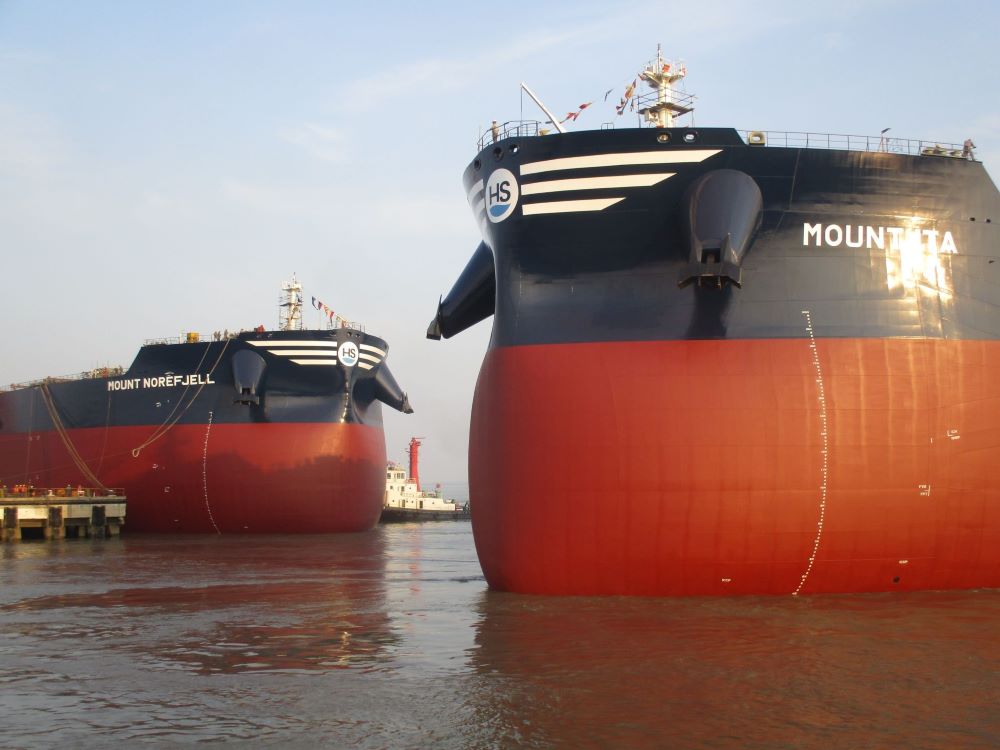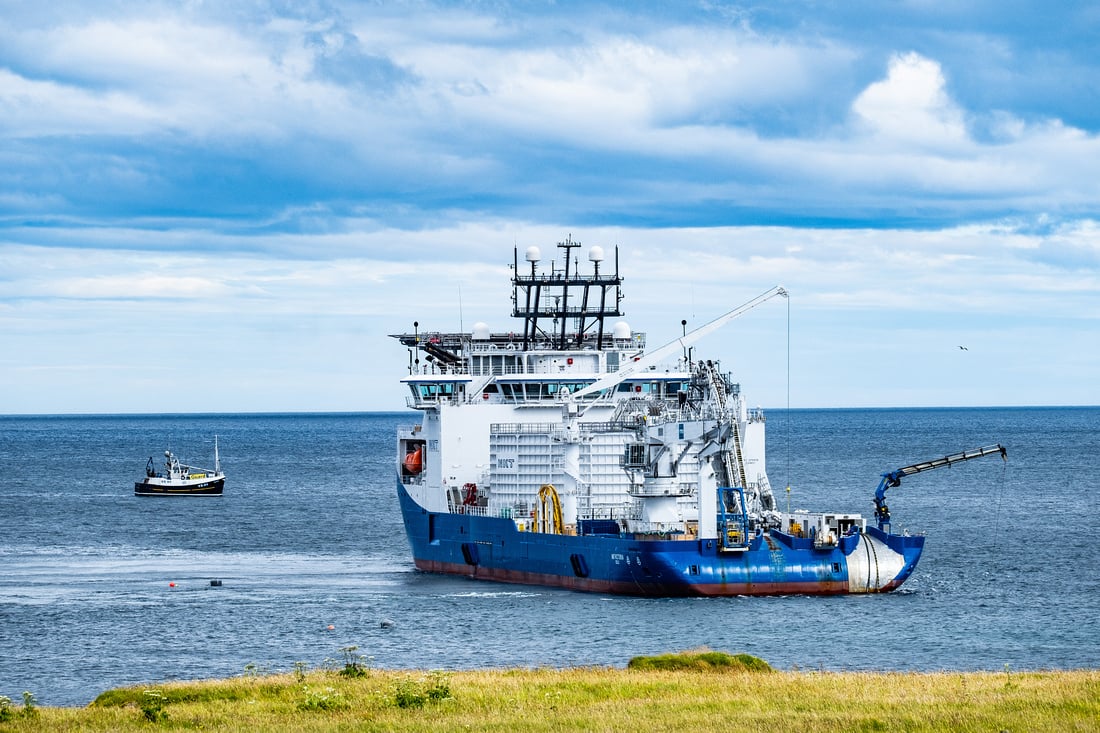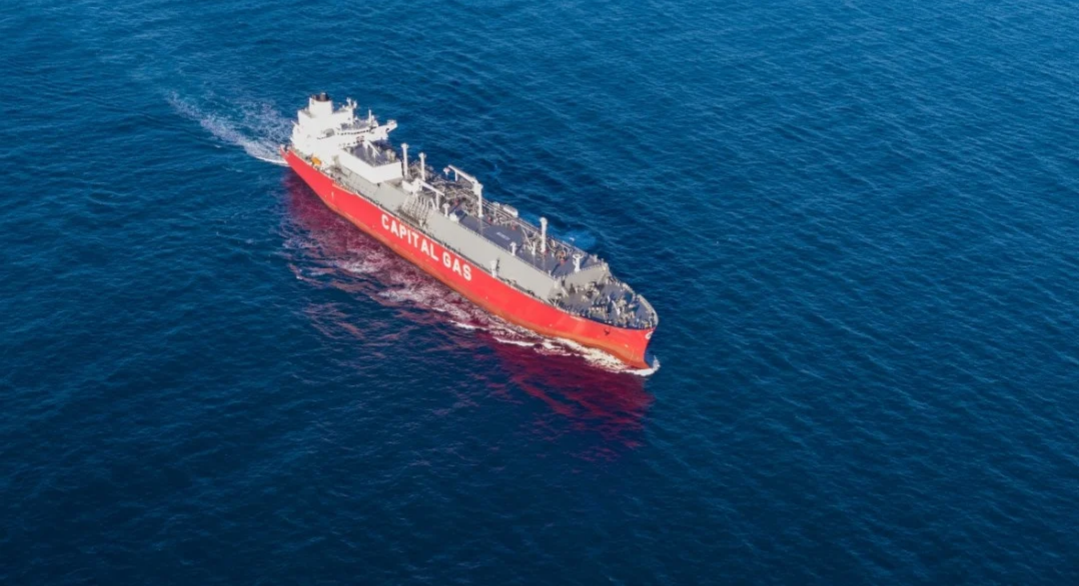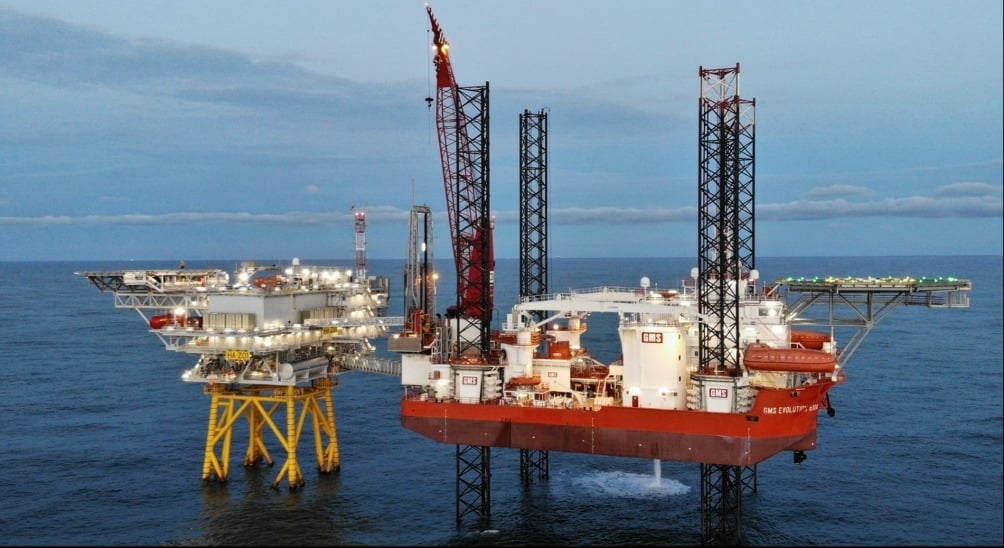香港地区加入《压载水公约》
作者: 发布时间:2020年05月23日 浏览量:1085 字体大小: A+ A-

图片来自网络,版权属于原作者
来源:Offshore Energy 2020-05-22
翻译:国际海事信息网 黄子倩 张运鸿
《国际船舶压载水管理公约》(The Ballast Water Management Convention,以下简称《压载水公约》)作为一部重要的国际公约,可有效防止船舶携带外来水生物种。现在签约国合计吨位已超过世界商船总吨位的90%。
目前香港地区也已加入《压载水公约》。5月13日,中国告知国际海事组织(IMO)香港特别行政区加入《压载水公约》,将于2020年8月13日生效。
香港船舶注册总吨位位列全球第四,现在也要开始遵守公约的要求。
《国际船舶压载水管理公约》要求船舶管理船上的压载水,使有害的水生生物和病原体在被排放到新水域前被清除,或转化成无害物质,旨在保护海洋生态系统。此举可防止外来物种入侵,也可防止潜在的病原体传播。
该项国际公约于2017年生效,目前已有83个签约国,签约国合计吨位占世界商船总吨位的90.98%,此前仅为81.83%。
去年,《压载水公约》修正案新标准也已生效,正式确定了从D-1向D-2标准过渡的实施时间表,以确保可存活的水生生物不会被排放到新的海域。
(本文版权归国际海事信息网所有,图片版权归原作者,转载请注明出处。)
China extends IMO Ballast Water Management Convention to Hong Kong
The Ballast Water Management Convention (BWMC) — an important international treaty which helps prevent the spread of potentially invasive aquatic species by ships — now covers more than 90 per cent of world merchant shipping tonnage.
The news comes after China extended the treaty to Hong Kong. On 13 May, China notified the International Maritime Organization (IMO) about the extension of the BWM Convention to the Hong Kong Special Administrative Region, with effect from 13 August 2020.
Ships flagged to Hong Kong, China — the fourth largest flag administration in the world by shipping tonnage — will now have to apply the requirements of the treaty.
The BWM Convention aims to protect marine ecosystems by requiring ships to manage their ballast water so that harmful aquatic organisms and pathogens are removed or rendered harmless before the ballast water is released into a new location. This helps prevent the spread of invasive species – as well as potentially harmful pathogens.
The international treaty entered into force in 2017 and now has 83 signatories, representing 90.98 per cent of the gross tonnage of the world’s merchant shipping, up from 81.83 per cent previously.
Last year, BWMC amendments also entered into force, formalising the implementation schedule for the transition from the D-1 to the D 2 standard aimed at ensuring that viable organisms are not released into new sea areas.
来源:simic
今日要闻
图片新闻
海外传真
热点报道






